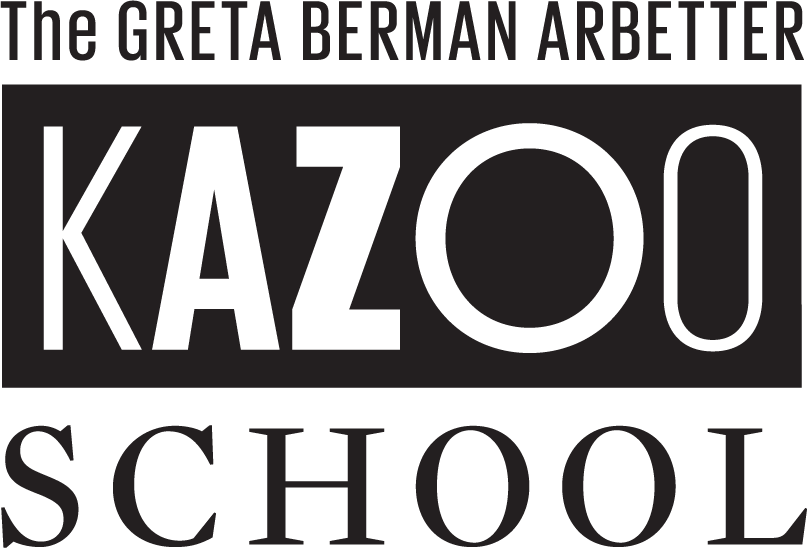Upper School:
Grades 6-8
Middle School Philosophy and Goals
The Middle School students’ experience is a synthesis of conceptual development, skill acquisition, individual personal development, and academic growth. The transitions and changes adolescents go through cannot always be delineated chronologically. Special effort must be made to make sure that the transition through middle school takes into consideration the developmental progression of the child. Social and emotional growth is monitored as closely as academic progress.
In congruence with the National Middle School Association’s characteristics of successful middle schools, we believe there are five key components that help us to address the distinctiveness of early adolescence and comprise a program that is both rigorous and progressive. They are to 1) value adolescents, 2) have students engage in active learning with a 3) challenging curriculum and 4) multiple learning approaches, by 5) using varied assessments.
Interdisciplinary Learning
Teachers work together to help students see the connections between content areas. The Middle School Humanities program combines English and History into a program organized around varied themes.
Recalling our progressive philosophy, efforts are made to integrate the learning experience with life outside the school. Teachers address the students’ questions and focus on issues relevant to the student. Students are actively engaged in problem solving, and projects are developed that emphasize collaboration and cooperation.
Students also participate in a variety of special area classes including Creative Arts, Spanish, and daily Physical Education.
Teacher/Student Advising
The development of close, trusting relationships between students and adults and the opportunity to feel connected to a peer group are central components to our school. Teachers serve as advocates for the students they mentor; they provide social, emotional, and academic support.
Exploratory Programs
In the Middle School program there are multiple opportunities for students to discover new interests. Community members visit classrooms to share their diverse professional expertise, and eighth grade students participate in a mentorship program with local professionals. Weekly advisory periods can also serve as a time for a whole grade or a select group of students to pursue a project of interest, like building a garden. These different opportunities provide students with the chance to experiment and find areas of interest and competence.










